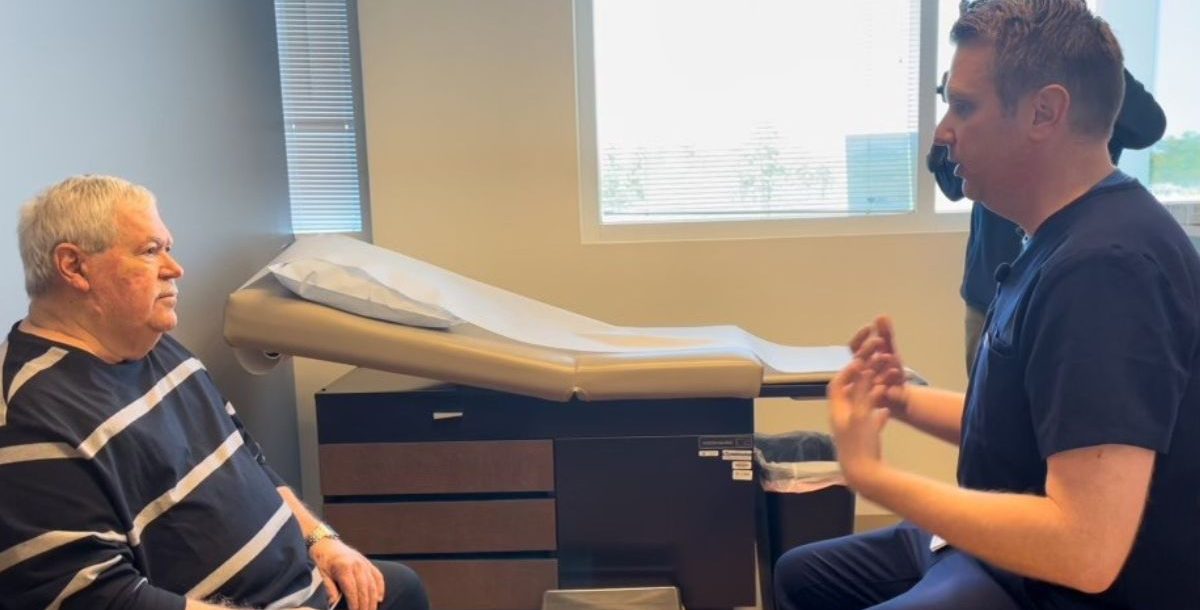Precordial Catch Syndrome: Heart Pain That Isn’t Your Heart
Many people experience precordial catch syndrome (PCS), a condition that causes the sensation of a stabbing pain around the heart that gets worse when you breathe. Also called Texidor’s twinge,...


